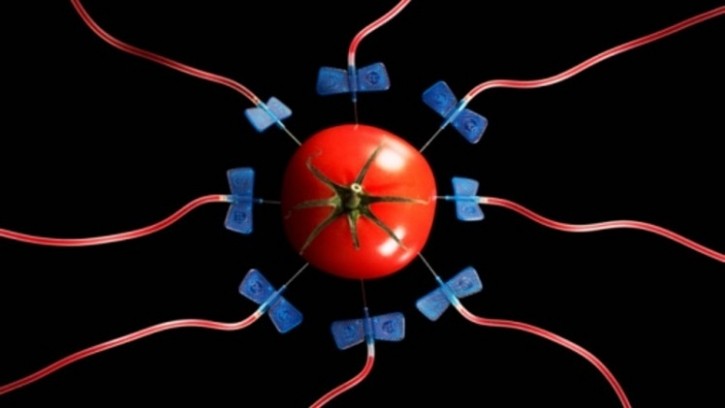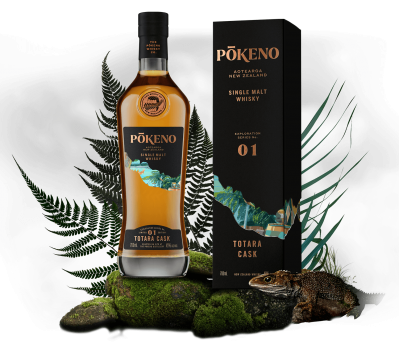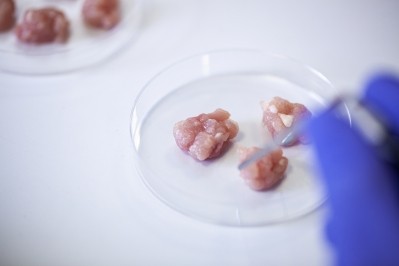GM foods in South Korea: Government calls for ‘scientific input only’ in new public consultation for three food items

Genetically modified (GM) foods and agricultural crops have yet to see acceptance in South Korea despite extensive research on many items from rice to peppers to lettuce, likely due to ongoing consumer pushback.
According to 2020 research from the Pew Research Centre, 57% of South Koreans felt that GM foods are unsafe, a good deal higher than the global average of 48% as well as compared to its neighbour Japan’s 32%.
In parallel to the Japanese government’s careful approach with a strong emphasis on science when tackling this subject, South Korea’s Ministry of Food and Drug Safety (MFDS) has conducted in-depth research into several new GM food products that applied for approval to enter the food system.
The recently-completed reports have now been opened for public consultation – but the ministry has added a caveat stressing that all opinions submitted must be ‘based on science and logic’ in an effort to stave off comments made based on emotional or religious arguments.
“MFDS has published food safety reports for the genetically modified soybean MON87708, the genetically modified corn T25 and the genetically modified canola RT73, all of which have been reviewed by a specialised committee,” the MFDS Novel Materials and Foods division said via a formal statement.
“These reports are now open for public comment so we can collect general opinions regarding these [foods] – however, because these reviews have been conducted based on scientific facts and analysis, all submitted opinions will only be received if they are based on scientific facts and logic.”
The application for the GM soybean and GM canola variants were made by Monsanto Korea and developed by Bayer Crop Science, and the GM corn by BASF Korea. All three variants have received food safety approvals in varying markets such as Canada, Australia, New Zealand, the United States and the EU.
“For [all three GM food crops], the reviews did not find that the genetic changes led to any issues regarding toxicity, allergenicity or other food safety issues,” the ministry added.
“After further studying the nutritional properties and conducting further tests, these have been found to be safe overall.”
MFDS will be accepting comments from the public until September 21, via either email, fax or postal mail. Email submissions are encouraged to be written in Korean and/or via Microsoft Word, and to include the name, address and contact information of the submitting individual or corporation.
More information on all the scientific reviews that were conducted can be found on the MFDS website here.
Regulations and sentiments
MFDS has made several adjustments to its GM regulations over the past few years, with 2021 especially seeing several changes including governing the use of ‘non-GMO’ claims and the necessity for GM food safety reviews.
Although the government does appear to be putting the effort into GM research, it still remains quite unlikely that South Korea will move to full acceptance of GM foods any time soon given the strong public sentiment against it.
Other markets with strong negative consumer sentiments against GM foods include Russia (70% say this is unsafe to eat), Poland (67%), Italy (62%), India (58%) and France (54%), according to Pew.
However, South Korea may still be able to turn the situation around if education and information is effectively spread to consumers as there is a high percentage (30%) of consumers that felt they did not know enough to comment, and 11% that already conclusively said that GM foods are safe to eat.
This is something that Japan – with a whopping 51% of consumers still on the fence, 14% in agreement with and 32% against GM foods – is very actively trying to do, with a lot of effort and investment already ongoing to educate consumers about the safety and potential food security benefits that these could bring.






















